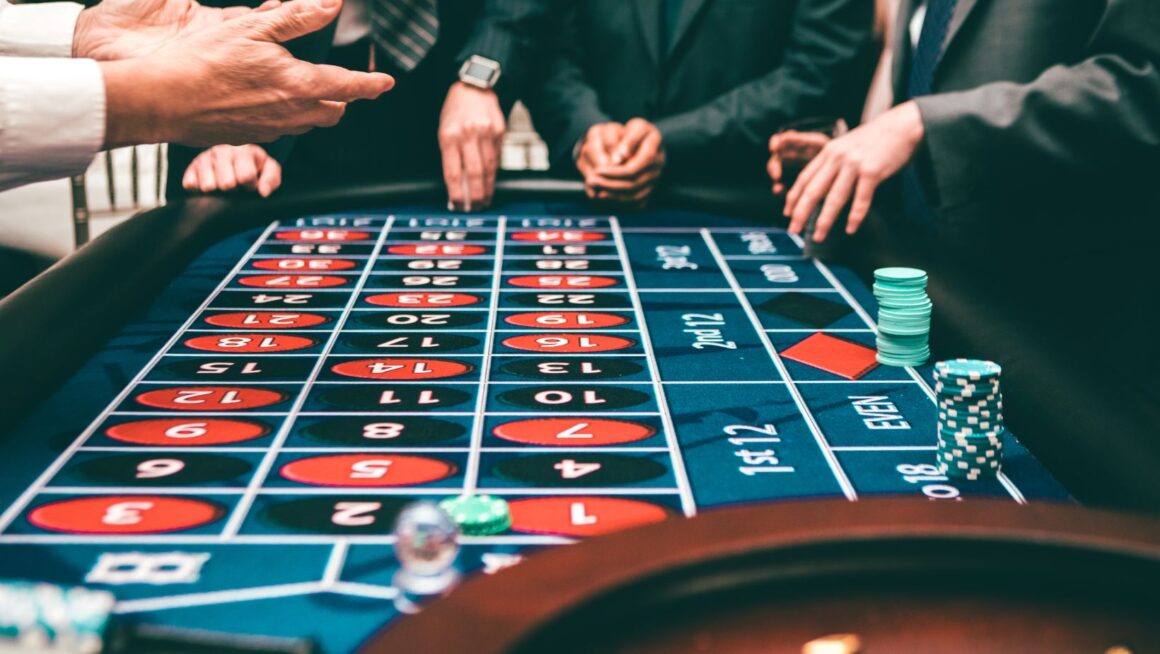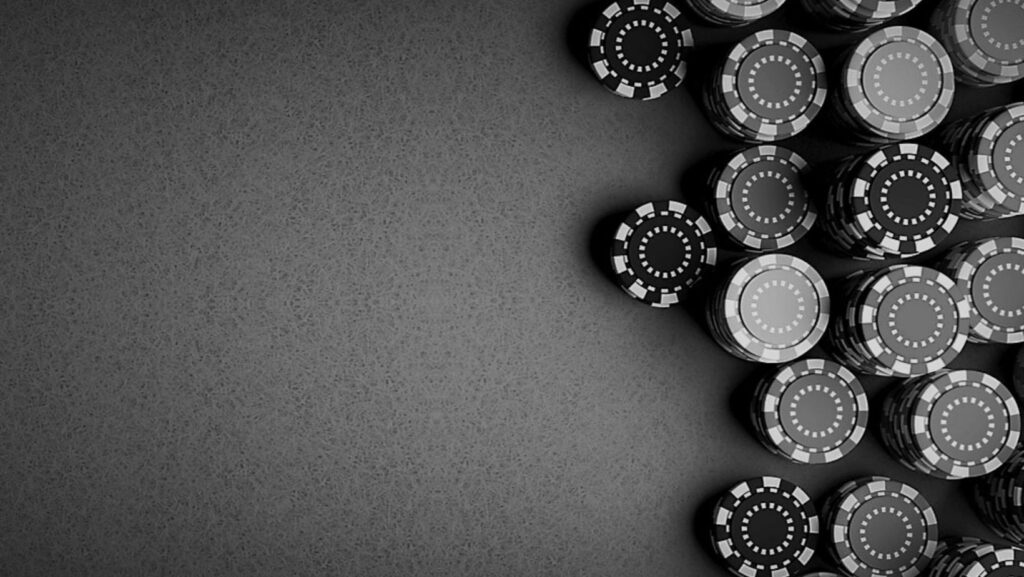You’re sitting at your computer, not planning to gamble, when suddenly you have this urge to spin some slots. Where did that come from? Something specific triggered it—you just don’t realize what.
I started keeping notes every time I felt like gambling. Turns out, it wasn’t random at all. Same situations kept popping up—bad day at work, nothing to do on weekends, seeing those “win big” ads. Once I figured out my patterns, everything changed.
So here’s what I learned. Think about your own gambling moments and see if any of this sounds familiar.
Understanding triggers matters more when gambling is constantly available. NordicBet FI offers 100% bonus plus 200€ free bet with 24/7 live betting—the type of endless access that turns small triggers into major urges.
When Do You Want to Gamble Most?
After a terrible day at work: You want to blow off steam or forget about problems
When you’re bored: Nothing to do, gambling fills the empty time
When you’re feeling lucky: Good mood makes you think you’ll win
When money’s tight: Gambling feels like a solution to financial stress
Look, I get it. You’re stressed, boss was an idiot all day, and spinning some slots sounds like the perfect way to forget about it all. But here’s the thing—that’s not really entertainment gambling. That’s using gambling as a drug.
Same goes for when you’re worried about bills. Your brain starts thinking “what if I just win enough to cover rent?” But gambling doesn’t solve money problems. It makes them worse. Trust me on this one.
What Situations Trigger Gambling Urges?
Promotional emails: “Free spins” offers make you want to play immediately
Friends talking about wins: Hearing success stories gets you excited to try
Free time alone: Having privacy and internet access creates opportunity
Seeing ads: Gambling commercials or online banners spark interest
Reality check: If marketing triggers you, casinos are literally paying to control your behavior. Unsubscribe from promotional emails and block gambling ads.

How Do You Justify Gambling to Yourself?
“It’s just entertainment”: You treat gambling like going to movies
“I’m due for a win”: Bad luck means good luck is coming
“I can afford to lose this”: You have extra money anyway
“I understand the game”: Knowledge makes you think you have an edge
The truth: Only the first answer is healthy. The others are cognitive traps that lead to bigger losses.
Your Trigger Type
Emotional types are the scariest because you’re basically self-medicating with slots. Had a fight with your partner? Time to gamble. Work sucked? Let’s spin some reels. This pattern will drain your bank account fast because you bet bigger when you’re upset.
Social types get hooked by other people’s stories and marketing bullshit. You see someone post about winning $500 and suddenly you need to try your luck. Or those casino emails with “EXCLUSIVE OFFER” in the subject line actually work on you.
Boredom types just need something to do. Nothing good on Netflix, finished scrolling Instagram, might as well gamble. It’s like a default activity when your brain has nothing else to focus on.
I realized I was a boredom gambler when I found myself playing slots while waiting for food delivery. That’s when I discovered free slot sites. Same spinning action, same sounds, but no money involved. Scratched the same itch without the financial damage.
Problem Gamblers view gambling as income or a solution to financial problems. This mindset leads to the biggest losses because it ignores mathematical reality.
Managing Your Triggers
Here’s what actually works:
If you gamble when stressed – find something else that changes your mood quickly. I started doing pushups when I felt like gambling after bad days. Sounds stupid, but it worked. Takes the edge off without costing money.
If promotions get to you – just unsubscribe from everything. I know it feels like you’re missing out on “free money,” but those offers aren’t free. They’re designed to make you spend more.
If you gamble when bored – have a backup plan ready. Download some games, find a show to binge, whatever. Don’t let your brain default to gambling when there’s nothing else happening.
And if you think gambling will solve money problems – do the math. Seriously. Calculate how much you’ve actually won versus lost over the past year. The numbers don’t lie, even when your brain wants to believe in magic solutions.
The 30-Minute Rule
This sounds simple but it’s surprisingly effective. When you get that gambling itch, just wait. Set a timer for thirty minutes and do literally anything else. Most of the time, the urge fades on its own.
During those thirty minutes, ask yourself honestly: “Do I actually want to play right now, or am I just reacting to something?” If you’re bored, stressed, or saw some jackpot story on social media, that’s not really wanting to gamble. That’s your brain getting hijacked by circumstances.
Why This Matters
The whole point isn’t to stop gambling completely—I still play occasionally. But now I do it because I actually want to, not because my brain is responding to stress, boredom, or some casino’s marketing department.
Biggest thing I learned? About 80% of my gambling sessions weren’t really about entertainment at all. I was just reacting to whatever was happening in my life. Recognizing that pattern changed everything.
Now when I get the urge to gamble, I pause and think: “Is this me wanting to have fun, or is this something else driving the decision?” Usually it’s something else, and waiting a bit makes the urge disappear completely.

